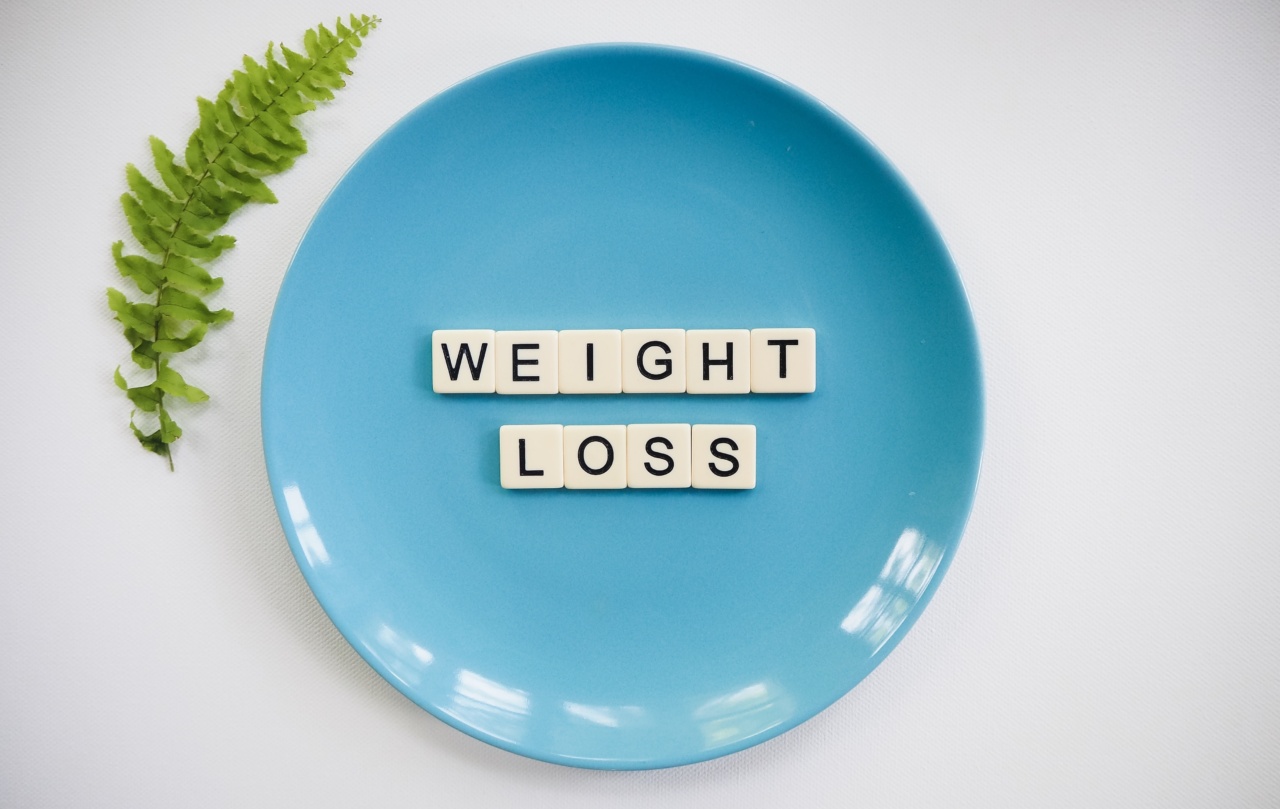The chemical diet is a short-term weight loss plan that claims to help people lose up to 10 pounds in just one week. This diet is also known as the 7-Day Chemical Diet or the 7-Day Miracle Diet.
It is called the chemical diet because it focuses on foods that are low in calorie and high in chemical content. This diet plan may cause some health concerns due to its strict guidelines and possibility of nutrient deficiencies.
What is the Chemical Diet?
The chemical diet is a prescribed low-calorie diet that combines certain food groups in strict meal plans to encourage weight loss. It is said to work by speeding up your metabolism.
This diet requires that you stick to a specific meal plan every day for seven days, which excludes some food groups, restricts calories to a minimum of 800 per day and limits the intake of carbohydrates and fats.
The meal plan includes an intake of lean proteins, fruits, vegetables, and dairy products. There is also a strict recommended calorie intake for each meal and snack.
The exact foods can vary depending on the plan, but they are all designed to help you burn calories and stimulate your metabolism. The diet demands a lot of discipline and can feel restrictive for some individuals due to the emphasis on calorie counting and restrictive meal plans.
Based on the eating plan, it is clear that the chemical diet is a low-calorie diet that puts you in a significant caloric deficit.
How does the Chemical Diet work?
The Chemical diet works on the principle of reducing calorie intake by avoiding certain food groups. It is considered a low-calorie diet because it restricts your caloric intake to a minimum of 800 calories per day.
By sticking to this strict eating routine, the diet can help you lose weight quickly. It may also speed up your metabolism by consuming certain foods. Foods that are high in fiber and protein take longer to digest, which can help keep you full for an extended period.
This can lower the production of the hormone ghrelin, which triggers hunger. Thus, following this diet can help control your hunger and appetite.
Due to its restrictive nature, this diet plan can help you lose weight quickly but keep in mind that it may not lead to sustainable, long-term weight loss.
Once the diet ends, it’s crucial to adopt a healthy eating lifestyle that supports your physical and emotional health.
Advantages and Disadvantages of the Chemical diet
The chemical diet may help you lose weight quickly, but the process is likely to result in various disadvantages. The strict guidelines of the diet make it challenging to stick to and can lead to nutrient deficiencies.
Here are some of the pros and cons of giving the Chemical diet a try:.
Advantages of the Chemical diet:
- Quick weight loss results and visible changes within a week;
- Fewer hunger pangs due to protein and fiber-rich foods;
- Increased metabolism that helps burn calories even at rest.
Disadvantages of the Chemical diet:
- The diet is low in calories, which can lead to nutrient deficiencies;
- The diet is not suitable for people with certain medical conditions or certain nutrient deficiencies;
- There is no scientific evidence to back up its effectiveness and safety;
- The diet may cause severe cravings, leading to binge-eating after the diet is complete.
What to eat on the Chemical diet?
The Chemical diet is based on specific meal plans that focus on specific food groups for each meal. Here’s what a typical meal plan might look like:.
Day 1:
- Breakfast – Half grapefruit, single egg boiled, and one slice of toast;
- Snack – 1 apple;
- Lunch – Half cup of tuna/ chicken/ tofu, one slice of toast;
- Snack – Half cup of vanilla ice cream;
- Dinner – A small serving of lean protein like chicken/beef/fish, green beans, one apple, and one cup of vanilla ice cream.
Day 2:
- Breakfast – One boiled egg, one slice of toast, and half banana;
- Snack – 5 saltine crackers;
- Lunch – One slice of cheddar cheese, a hard-boiled egg, and five saltine crackers;
- Snack – 1 apple;
- Dinner – Two hotdogs, one cup broccoli or cabbage, half cup of carrots, half cup of vanilla ice cream.
Day 3:
- Breakfast – One slice of cheddar cheese, one apple, 5 saltine crackers;
- Snack – 1 egg boiled;
- Lunch – One slice of toast, half can of tuna, and coffee or tea with no sugar;
- Snack – 1 orange;
- Dinner – One cup of vanilla ice cream, half banana, one small apple.
It’s essential to stick to the prescribed meal plan for each day as the diet demands it.
It is also essential to note that this diet plan is not suitable for long-term weight loss as it is a restrictive diet that may lead to health issues if followed excessively.
Conclusion:
The Chemical diet is a highly restrictive diet that is designed for short-term weight loss. It is essential to note that this diet is not backed up by scientific evidence and can sometimes lead to nutrient deficiencies.
While it may help you lose weight quickly, it may not be sustainable in the long term, and the weight loss may not last once you stop the diet. Adopting a healthy lifestyle that supports your nutritional needs and emotional health is more vital for sustainable and long-term weight loss.

























